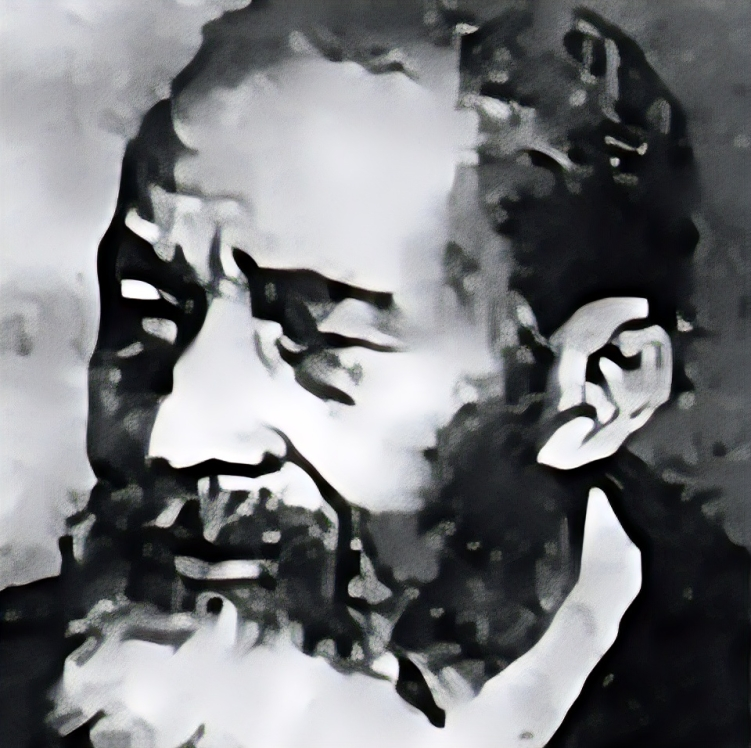
Former slave Fountain Hughes (1848 or 1854–1957) describes his life during the final years of slavery and after Emancipation in an interview conducted by Hermond Norwood, a Library of Congress employee, in Baltimore in 1949.
Fountain Hughes was an extraordinary individual who gave a unique and valuable account of life as a slave in the United States. Born in 1848, Hughes lived through the era of slavery and the Civil War, making his personal experiences a crucial link to understanding that period in history.
In 1949, Hughes was interviewed by Hermond Norwood for the Federal Writers’ Project, a New Deal program aimed at collecting and preserving oral histories from former slaves. By that time, Hughes was an elderly man in his 100s, and his recollections provided an intimate and vivid portrait of the hardships and experiences faced by enslaved people.
During the interview, Hughes shared numerous details about his life as a slave on a Virginia plantation. He spoke about the brutal realities of slavery, including the harsh treatment of enslaved people, the grueling work they were forced to do, and the constant fear of punishment. Hughes also touched on his experiences of family separation, the limited education he received, and the occasional acts of kindness from his owners, though these were overshadowed by the overall cruelty of the system.
One notable aspect of Hughes’ account was his ability to remember and recount personal anecdotes, which provided a humanizing and detailed perspective on the life of a slave. His story helped to shed light on the resilience and strength of those who endured such severe conditions and contributed to a greater understanding of American history through the lens of personal experience.
The interview with Fountain Hughes is considered an important historical document, as it captures the firsthand experiences of someone who lived through slavery and offers insights that are crucial for understanding that era in American history.